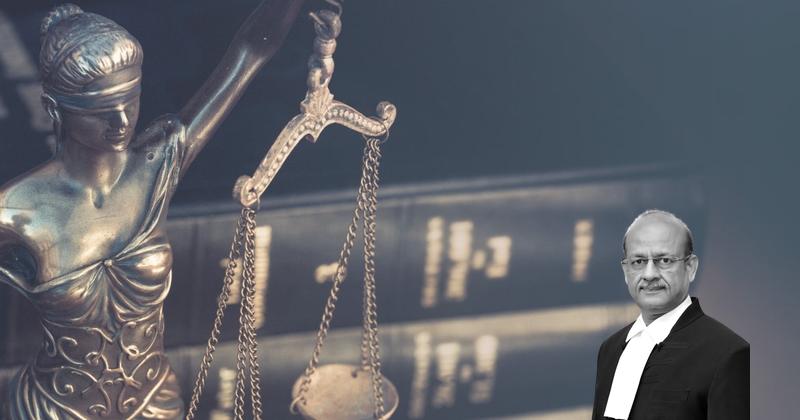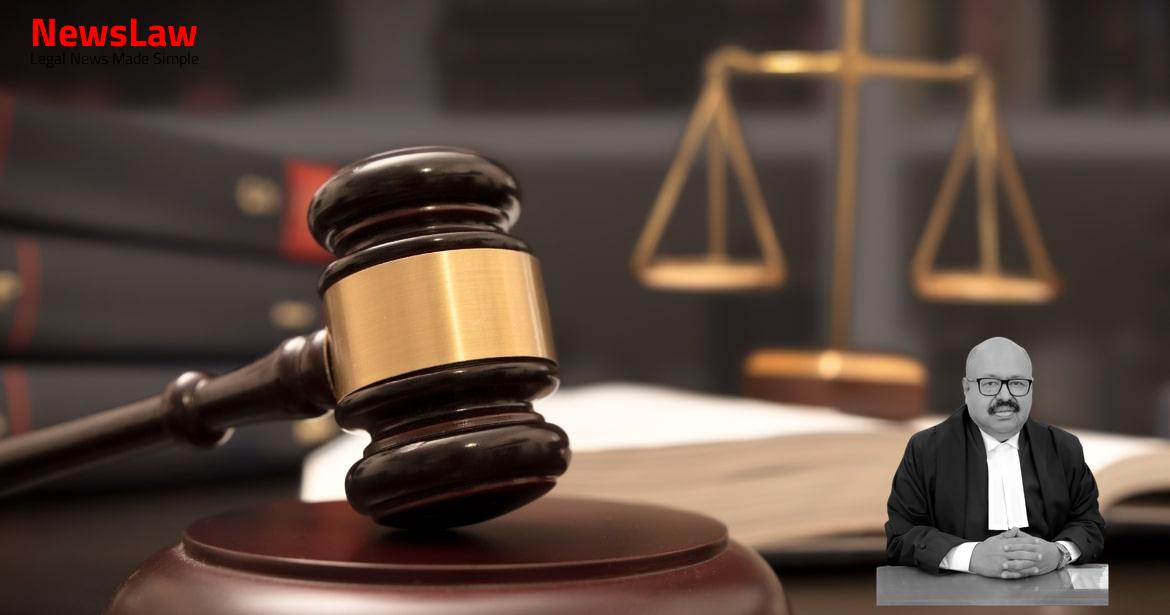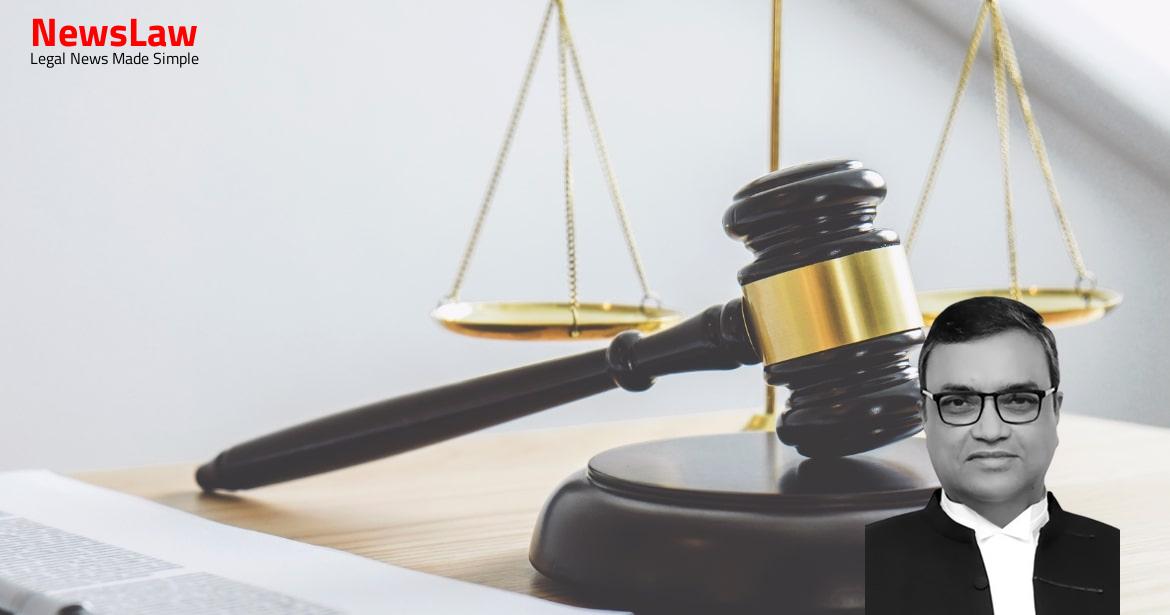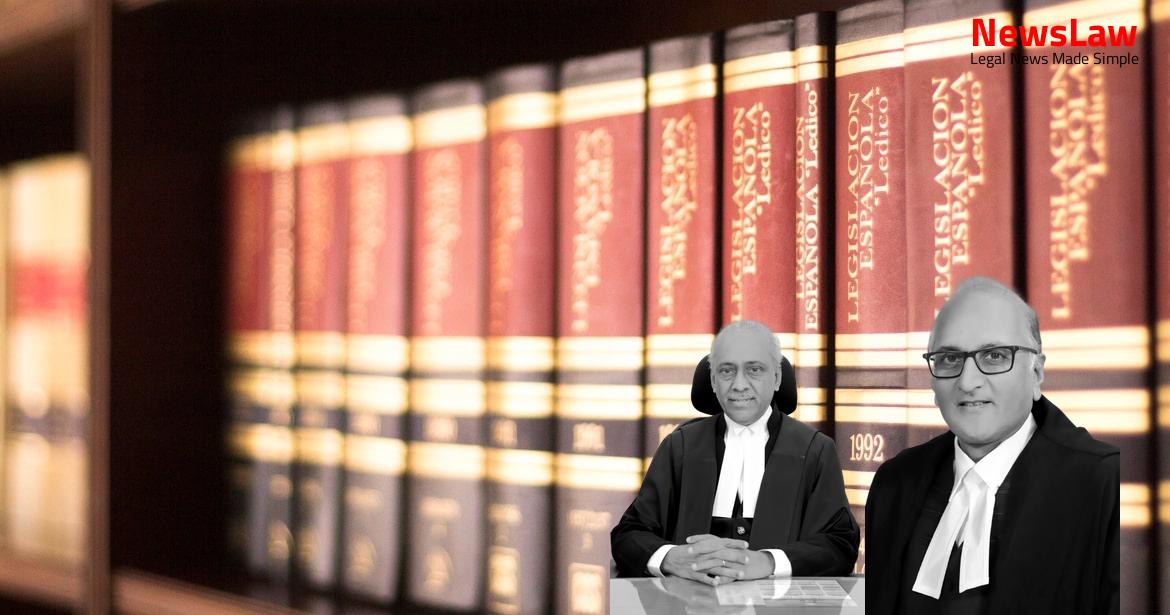The present appellant is the 5 respondent in the Election Petition filed by the first respondent. An application was made by the present appellant inter alia pointing out that no cause of action has been set out in the Election Petition in support of the ground of corrupt practice. Shri Ranjith Kumar, the learned senior counsel appearing on behalf of the appellant has invited our attention to the requirement of clauses (a) and (b) of sub-section (1) of Section 83 of the RP Act of 1951 of incorporating in an election petition a concise statement of material facts and full particulars of any corrupt practice which is allegedly committed by the returned candidate. He pointed out that by the judgment and order dated 18 November 2016, the High Court rejected the said writ petition filed by the first respondent and imposed costs on the first respondent.
He pointed out that in paragraph 6 of the Election Petition, the first respondent has relied upon four representations made from 17 November 2016 to 22 November 2016 to the Returning Officer alleging that the appellant has committed electoral misconduct, corrupt practice, and acts of bribery. He submitted that on the basis of the applications made by the appellant, the High Court has directed the first respondent to file copies of emails, photographs, and video footage which do not find place in the list of documents filed along with the Election Petition. Shri Balaji Srinivasan, the learned counsel representing the first respondent pointed out that material facts in support of the allegations of corrupt practice are already pleaded in the Election Petition. He submitted that while dealing with applications under Rule 11 of Order VII or Rule 16 of Order VI of CPC, the Court cannot adopt a hypertechnical approach.
Also Read: https://newslaw.in/supreme-court/quashing-of-fir-based-on-lack-of-legal-basis/
Now, coming to the Election Petition filed by the first respondent, paragraphs 1 and 2 are formal paragraphs which contain the first respondent’s address and description of the respondents. In paragraph 5, the first respondent has relied upon the representation made by her on 3 November 2016 to the Returning Officer by pointing out that the appellant and 6 respondent have committed misconduct by suppressing the findings of the Election Commission recorded in the order dated 27 May 2016.
However, the first respondent has not pleaded that under a particular statutory provision, the appellant and 6 respondent were under an obligation to disclose the order dated 27 May 2016 passed by the Election Commission while filing nomination papers. —(1) An election petition— ( a ) shall contain a concise statement of the material facts on which the petitioner relies ; ( b ) shall set forth full particulars of any corrupt practice that the petitioner alleges, including as full a statement as possible of the names of the parties alleged to have committed such corrupt practice and the date and place of the commission of each such practice; and ( c ) shall be signed by the petitioner and verified in the manner laid down in the Code of Civil Procedure, 1908 (5 of 1908) for the verification of pleadings:
[Provided that where the petitioner alleges any corrupt practice, the petition shall also be accompanied by an affidavit in the prescribed form in support of the allegation of such corrupt practice and the particulars thereof.] (2) Any schedule or annexure to the petition shall also be signed by the petitioner and verified in the same manner as the petition.” The petitioner filed representations to 4th Respondents on 17.11.2016 two representations, 19.11.2016, 20.11.2016, 22.11.2016 explaining that the 5th Respondent committed electoral misconduct, corrupt practice and bribery to the electorate. When the allegation is of corrupt practice, the basic facts constituting corrupt practice must be pleaded in order to make compliance with Clause (a) of sub-section (1) of Section 83. It would thus appear that the election petition was rejected mainly on the ground that it did not disclose the cause of action as according to the learned trial Judge the allegations regarding corrupt practice were vague and did not disclose “material facts and full particulars” of the corrupt practice alleged.
Chandrashekar [(1999) 1 SCC 666 : (1998) 6 Scale 361] held that while failure to plead “material facts” is fatal to the election petition and no amendment of the pleading is permissible to introduce such material facts after the time-limit prescribed for filing the election petition, the absence of “material particulars” can be cured at a later stage by an appropriate amendment.
Also Read: https://newslaw.in/case-type/civil/grant-of-promotional-pay-scale-to-ayurvedic-medical-officers/
523, paras 42-43)
“In short, all those facts which are essential to clothe the petitioner with a complete cause of action, are ‘material facts’ which must be pleaded, and failure to plead even a single material fact amounts to disobedience of the mandate of Section 83(1)( a ). In the present case, taking the averments made in the petition as it is, not a single material fact is pleaded making out an allegation of corrupt practice covered by Section 123 of the RP Act of 1951.
The appellant’s grievance that in entertaining the preliminary objections and rejecting the election petition under Order VII Rule 11 the High Court deprived the appellant’s opportunity to amend the petition and to make good the deficiencies by supplying the necessary particulars and details of the corrupt practice alleged in the petition, is devoid of any merit.
Before we consider various paragraphs of the election petition to determine the correctness of the High Court order we think it necessary to bear in mind the nature of the right to elect, the right to be elected and the right to dispute election and the trial of the election petition. Right to contest election or to question the election by means of an election petition is neither common law nor fundamental right, instead it is a statutory right regulated by the statutory provisions of the Representation of People Act, 1951. Section 83 lays down a mandatory provision in providing that an election petition shall contain a concise statement of material facts and set forth full particulars of corrupt practice.
The allegations are very vague and general in nature and, therefore, there is no cause of action to proceed on the ground of corrupt practice. In this case, as already held that the election petition discloses material facts and particulars and copy of the CD, photographs etc sent to the respondent/returning officer has not been given to the applicants herein/respondents 5 & 6. This Court directs the first respondent/ election petitioner to file all the relevant documents before this Court within 15 days from the date of this order viz., emails, photographs and video footages etc., if any filed before the 5th respondent/returning officer during the Election and also to serve those materials to applicants herein/contesting respondents 5 and 6.
Case Title: SENTHILBALAJI V. Vs. A.P. GEETHA (2023 INSC 571)
Case Number: C.A. No.-003895-003896 / 2023



